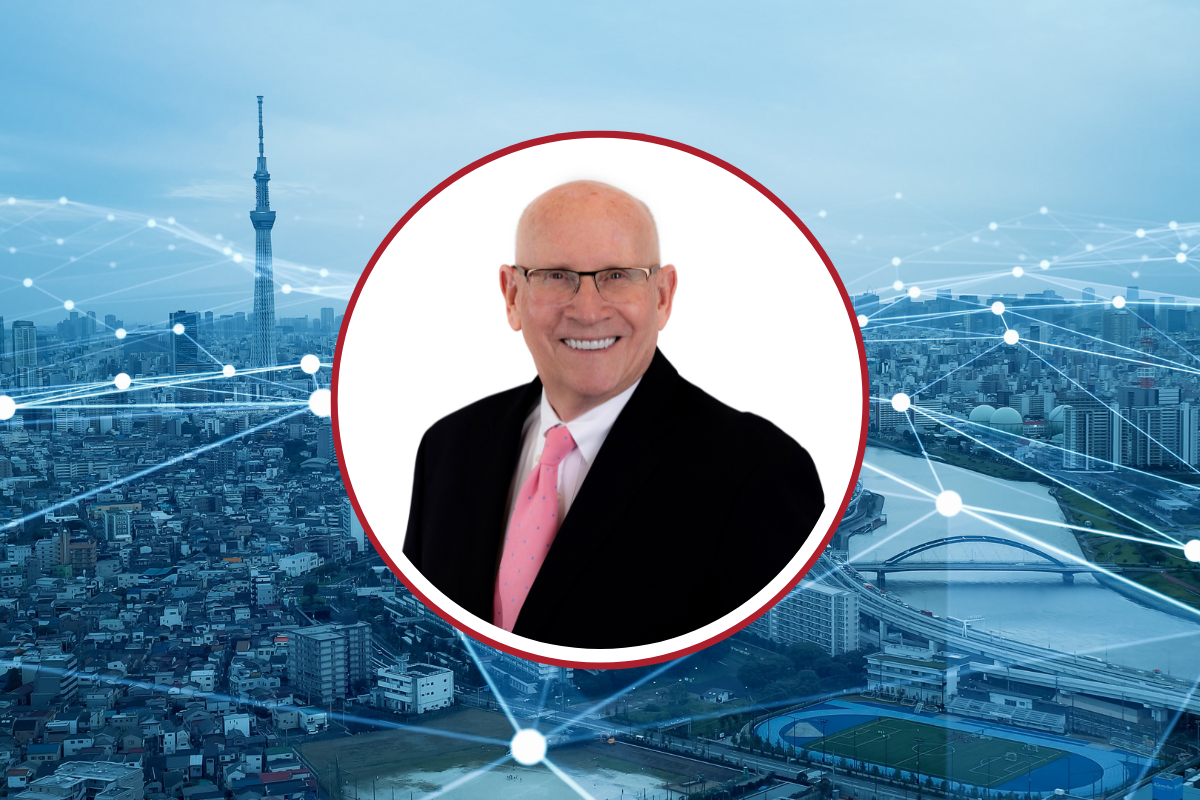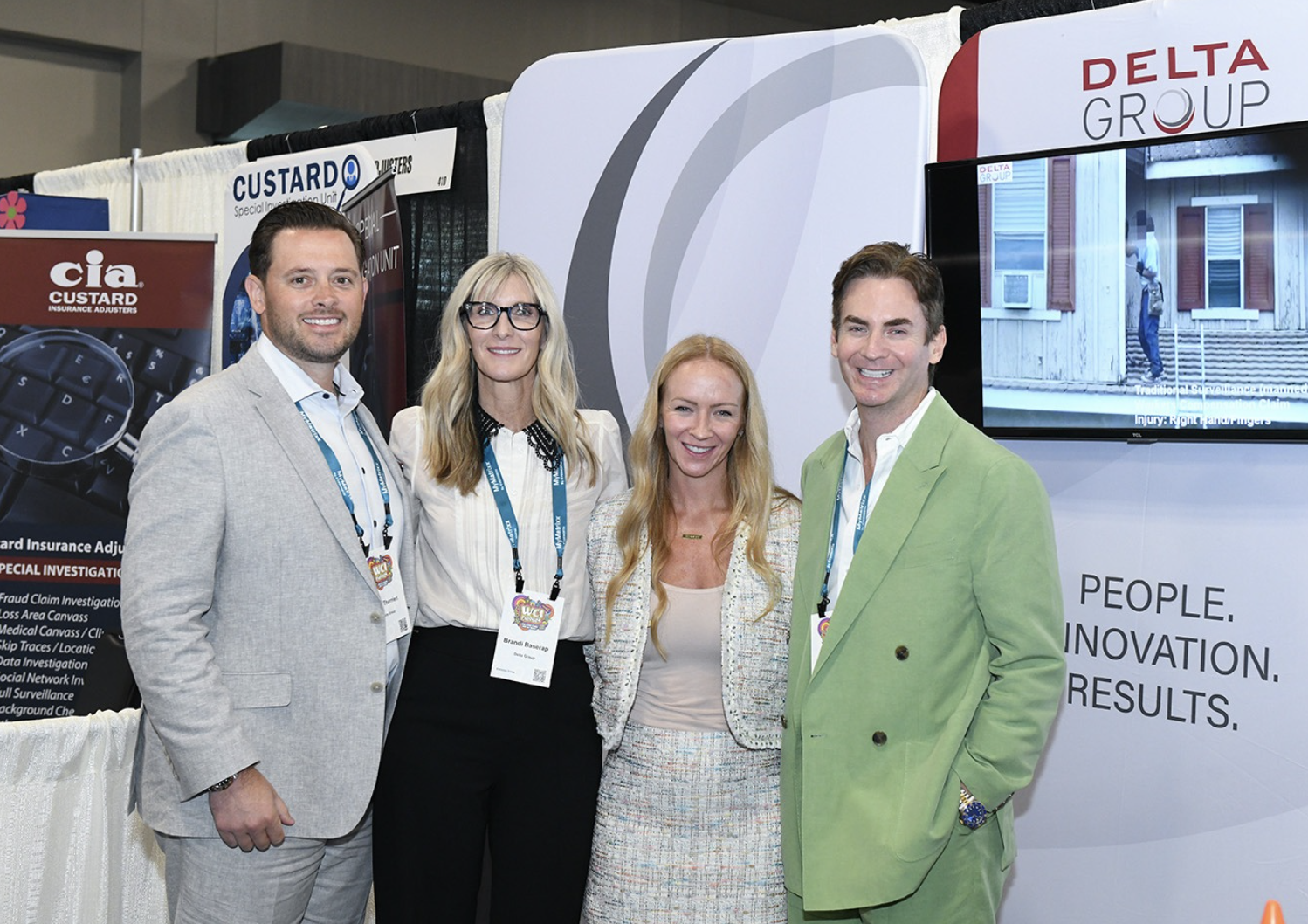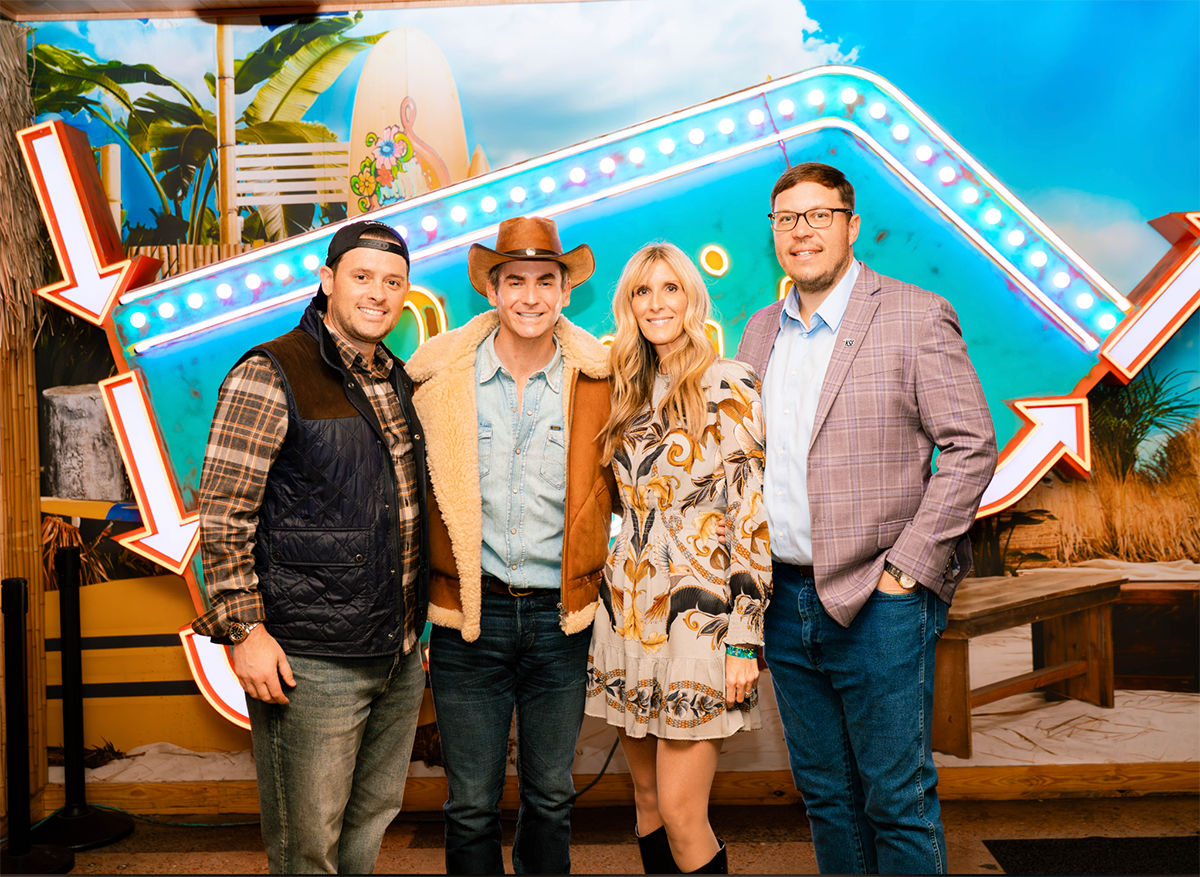Listen to the full podcast: CEOs You Should Know - Frank Sztuk on Fighting Insurance Fraud
When Frank Sztuk broke his trigger finger playing baseball as a police officer in 1980, he couldn't have known that injury would launch a career spanning nearly 45 years in fighting insurance fraud. Now senior vice president at Delta Group and Chair of the Public Outreach Committee for the New York Alliance Against Insurance Fraud, Frank recently sat down with Ken Dashow on the "CEOs You Should Know" podcast to share insights from over four decades on the front lines of fraud detection.
From the Beat to the Investigation Unit
Frank's journey into insurance fraud investigation began in an unexpected way. After serving as a police officer from 1972 to 1981—including time as a catcher in the police baseball league—his injury led to a career pivot. His brother, working at Hanover Insurance Company, told him about a new concept the industry was developing: Special Investigation Units (SIUs).
"I met him for lunch, he brought me back to the office and offered me the job that afternoon," Frank recalls. “And the rest is history."
From 1981 to 2017, Frank built his expertise at Hanover before joining Delta Group, where he continues to lead investigative services and fight fraud across the country and internationally.
It's Detective Work—But Different
As Frank explains on the podcast, insurance fraud investigation is essentially detective work with one key difference: "You don't arrest people at the end of the investigation. You either pay their claim or write their policy or mitigate or deny their claim based on fraud."
One of Frank's most compelling insights from the podcast addresses a troubling trend: "There's a lot of honest people committing fraud."
These aren't career criminals. They're everyday people who don't realize—or don't want to admit—that insurance fraud is a criminal act, equivalent to theft. Frank identifies a critical disconnect in how people perceive insurance fraud compared to other crimes.
"These are people who would never steal from a business or anything," Frank explains. "But they don't correlate insurance fraud to theft."
Why "Honest" People Rationalize Fraud
Frank points to several factors driving this rationalization:
The Insurance Industry's Image Problem
"The insurance industry is probably not the most popular industry in the country, maybe second only to the IRS," Frank notes. This unpopularity creates an "us versus them" mentality where people feel justified in "getting back" at insurance companies.
The Premium Justification
People think: "I've been paying my insurance rate for years. What's a little bit of insurance fraud?" This attitude ignores the collective impact of fraud on everyone's premiums.
The Hidden Cost
As the New York Alliance Against Insurance Fraud's tagline states: it's "the crime you pay for." In New York alone, insurance fraud costs every resident approximately $20 per year. Nationally, the impact is greater.
The Most Common Fraud Schemes
Rate Evasion: The Silent Epidemic
Frank reveals that the most common type of automobile insurance fraud isn't staged accidents or fake injuries—it's rate evasion.
"That's the situation where somebody who lives in Brooklyn, for instance, will use their cousin's address in New Jersey to get their automobile insurance," Frank explains.Since insurance rates are significantly lower outside the five boroughs, this simple lie can save thousands of dollars annually.
Other forms of rate evasion include:
- Misrepresenting annual mileage
- Failing to disclose prior accidents
- Lying about where vehicles are garaged
- Omitting household drivers from policies
It seems minor, but rate evasion costs the industry, and honest policyholders, billions annually.
Staged Accidents: Caught on Camera
Frank discusses the viral Belt Parkway incident from several months ago, where a driver with a dash camera captured a staged accident attempt. A car pulled in front of her, slammed on the brakes, and when she managed to stop without hitting them, the fraudsters put their car in reverse and backed into her vehicle.
"The rear rule is if you hit somebody from the rear, you're at fault," Frank explains. "Then you see the car in front, the reverse lights go on and he smashes into her."
The video went viral, exposing a common staged accident scheme. But Frank emphasizes that most staged accidents don't get caught on camera—which is why dash cams have become such valuable fraud prevention tools.
Workers' Compensation Fraud
In commercial insurance, Frank identifies unscrupulous employers as major fraud perpetrators in workers' compensation. These employers game the system through misclassification, under reporting payroll, or failing to maintain proper coverage—shifting costs to honest businesses and injured workers.
The Decline in Social Ethics
Perhaps Frank's most sobering observation comes when discussing broader societal trends: "I'm seeing more fraud now in my career, which is close to 45 years, than I've ever seen before."
He attributes this to what he calls "the decline in social ethics over the last thirty or forty years." Economic pressures certainly play a role—the gap between wages and cost of living has never been wider—but Frank sees a fundamental shift in what people consider acceptable behavior.
The podcast host Ken Dashow shares Frank's frustration, recounting how local businesses in his neighborhood have closed, possibly due to retail fraud and organized theft becoming so prevalent that companies determined certain locations weren't worth maintaining.
Hope for the Future: Education and Enforcement
Despite seeing fraud at unprecedented levels, Frank remains optimistic. His hope lies in education and public awareness.
"Every time I go out and do a presentation, I know that people are hearing the message," Frank says. He's delivered over 3,000 presentations on insurance fraud throughout his career, speaking nationally and internationally.
The "Don't Get Burned by Insurance Fraud" Campaign
The New York Alliance Against Insurance Fraud's current campaign focuses on victim prevention and public reporting. The message is simple: insurance fraud affects everyone, and everyone can help fight it.
If you see insurance fraud, report it:
- Call: 844-FRAUD-NY (844-372-8369)
- Visit: fraudny.com
- Reports can be made anonymously
"If you see something, say something," Frank urges. "Call the Alliance and report it to us.You can do it anonymously and we will report it to the State of New York."
The campaigns are working. "Every year, the number of calls we get goes up during that period. The number of calls that the State Fraud Bureau gets goes up during that period because people understand that, you know, why do I have to pay for this?"
The Bottom Line: It's Still Stealing
Ken Dashow sums it up perfectly on the podcast: "Whether you're stealing from the poor guy on the corner or you're stealing from a major insurance company, guess what? It's called stealing."
Frank agrees: "People have to understand that it's not a cool thing to do anymore. Every time somebody lies on their application for insurance or commits a little bit of insurance fraud, it hurts everybody."
Learn More and Get Involved
Listen to the complete podcast: CEOs You Should Know - Frank Sztuk on Fighting Insurance Fraud
Report insurance fraud:
- Phone: 844-FRAUD-NY (844-372-8369)
- Website: fraudny.com
At Delta Group, we're committed to fighting insurance fraud through advanced investigative services, comprehensive training, and industry-leading expertise. Our Senior VicePresident of Investigative Services, Frank Sztuk, brings nearly 45 years of fraud-fighting experience to every case. Contact us at SIU@deltagroup.net or call (800) 329-4143 to learn how we can support your fraud prevention efforts.







%20(1).webp)
.webp)